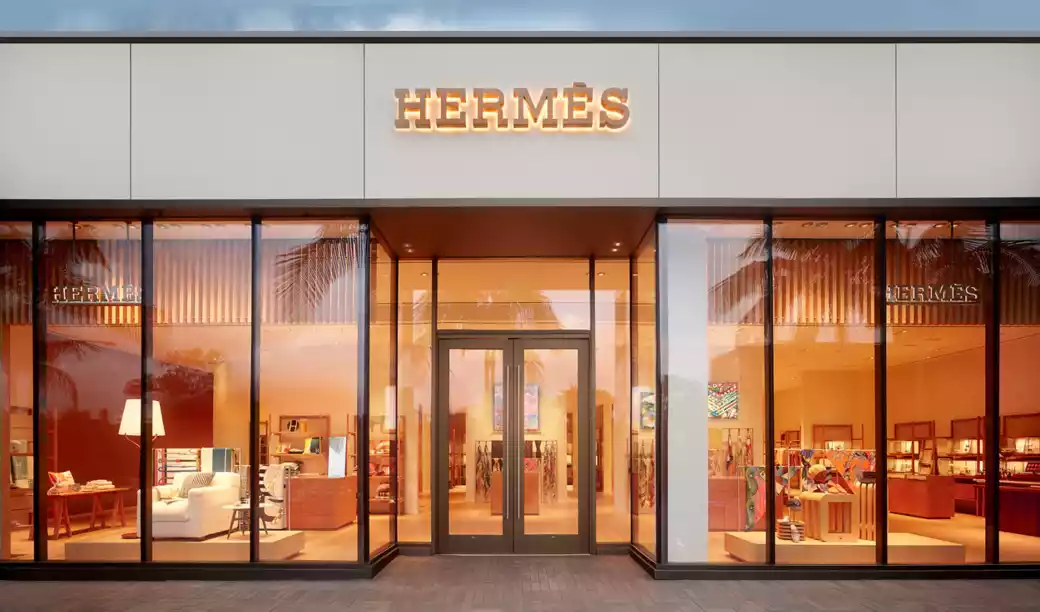LVMH lost its crown as Europe’s most valuable luxury company on Tuesday, overtaken by rival Hermès after posting disappointing first-quarter sales.
The decline sent LVMH’s market capitalization tumbling 7% to €246 billion—just below Hermès, now valued at €247 billion.
The reversal marks a notable shift in the luxury landscape, driven by weak consumer demand and growing investor concerns.
Sales Miss Sparks Market Reaction
LVMH—owner of Louis Vuitton, Dior, Tiffany & Co., and Sephora—reported a 3% drop in Q1 sales, falling well short of analyst expectations for 2% growth. The shortfall was largely attributed to reduced spending by U.S. consumers on beauty products and cognac, along with ongoing softness in the Chinese market.
The miss triggered a broader sell-off across luxury stocks. LVMH led the declines, falling 7.2%, while Gucci-owner Kering dipped 2%, Hermès slid 0.3%, Richemont dropped 0.7%, and Prada fell 4.2%.
Investor Sentiment Diverges
Analysts say Tuesday’s market activity reflects deeper concerns about the resilience of different luxury players. Jelena Sokolova, senior equity analyst at Morningstar, noted that LVMH is more exposed to the “lower end of the luxury spectrum,” which has been hit harder by economic uncertainty.
Hermès, known for its $10,000 Birkin and Kelly handbags and tight production controls, caters to an ultra-wealthy clientele that appears more insulated from macroeconomic pressures.
Post-Pandemic Boom Fades
The shakeup comes after LVMH gained significant ground on rivals during the post-COVID luxury boom. But according to Flavio Cereda, who manages GAM’s Luxury Brands investment strategy, the pendulum is now swinging back.
“There will be short-term pain for sure,” said Cereda, pointing to Louis Vuitton’s emphasis on middle-range luxury goods as a particular concern in the current climate.
Sector-Wide Concerns Deepen
The broader luxury market is feeling the pressure, with share prices across major brands dropping sharply since the end of March. LVMH, Kering, and Burberry are each down 14%, Richemont is off by 13%, and even Hermès is down 5%.
Adding to the industry’s worries are recent tariff threats from U.S. President Donald Trump, stoking fears of a looming recession.
RBC analyst Piral Dadhania downgraded LVMH’s full-year sales forecast from 3% growth to flat, calling the latest results “a signal of a more difficult trading environment” for the sector.
Analysts Lower Expectations
Deutsche Bank flagged a return to 5% declines in LVMH’s fashion and leather goods division—its core engine of growth—as particularly concerning.
In light of the sustained slump, Bernstein analysts recently revised their 2025 outlook for the luxury sector to a 2% decline in sales, down from a previously expected 5% growth. If realized, that would mark the sector’s longest downturn in more than 20 years.






